
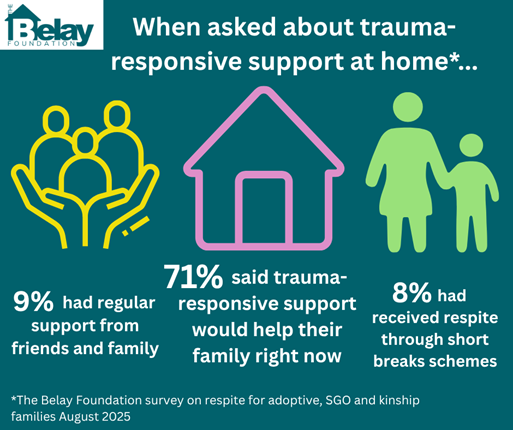
This #NationalAdoptionWeek we can think of no better time to talk about how parents at home are – or are not – supported. In particular, we want to talk about respite.
Since 2020 we’ve been helping families to have stronger relationships by finding and training Specialist Support Workers to offer trauma-responsive childcare at home. The idea came from personal experience of needing practical support at home which is something that so many of our families need. With the AUK Adoption Barometer revealing an increase to 42% of families facing severe challenges and 65% reporting violence at home, families are identifying more need than ever.
Families we’ve worked with so far have had time to rest, work, go to the cinema with their partner, or be 1:1 with other children. Our vision of respite is home-based and attachment-focused. It meets children where they feel safe and is all about creating a long-term relationship; a Support Worker staying at home with a child or taking them out. The Support Worker is trained and supported to see the world through the child’s eyes and learns from parents about what works.
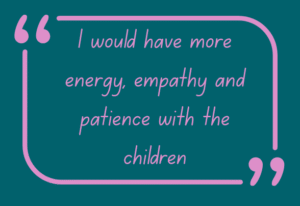
We hear it takes a village to raise a child, but when we’re parenting children with complex needs from developmental trauma, often mixed in with neurodiversity, our villages slip away. The diagrams we diligently prepare of our networks of supporters as adoptive or SGO parents are so often crossed out over the years, like contestants on Celebrity Traitors.
In our survey, parents told us that only 9% have regular support from friends and family, 61% told us that their friends and families didn’t understand their children’s needs and less than 1/3 of families have any practical support at home at all. It doesn’t seem fair that families parenting children with some of the most complex needs often have the least practical support to do so.
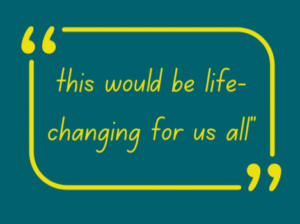
The survey found that parents were living with exhaustion and burn out, and although statutory services that offer support such as short breaks schemes or disability payments do exist, they rarely work.
Only 8% of parents who had requested or been offered short breaks respite actually received them. Parents told us that even when funding is in place, it is hard to find or keep the right person because they are not trained or supported.
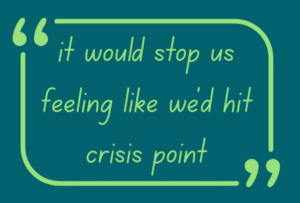
Nearly ¾ of parents told us that trauma-responsive support would help their family right now. Parents said: “this would be life-changing for us all”; “I would have more energy, empathy and patience with the children”; “it would stop us feeling like we’d hit crisis point”. We all want our families to succeed and thrive. Our children and their parents deserve that.
If you’re a parent and you’d like to join our mailing list to hear about our new services we’ll be launching after Christmas, please email info@thebelayfoundation.org.uk.
And if you’re a partner organisation, sharing our passion to help some of the most vulnerable children in our society with support that works, please get in touch too.
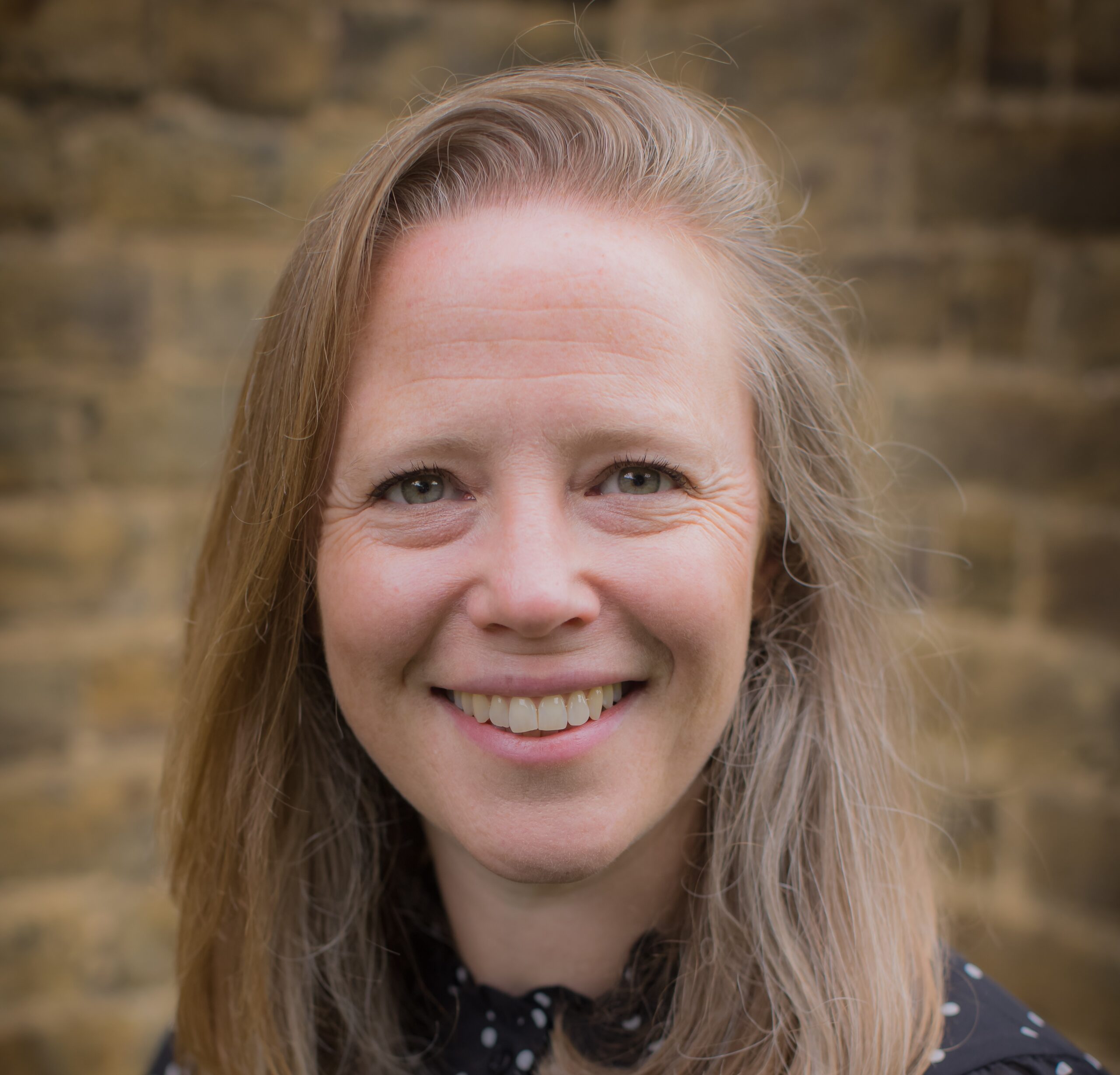
Libby brings a wealth of experience within the charity, private and public sectors and a passion for social justice.
Exciting times lie ahead as Libby leads us to continue improving the lives of adoptive, kinship care and special guardian families.